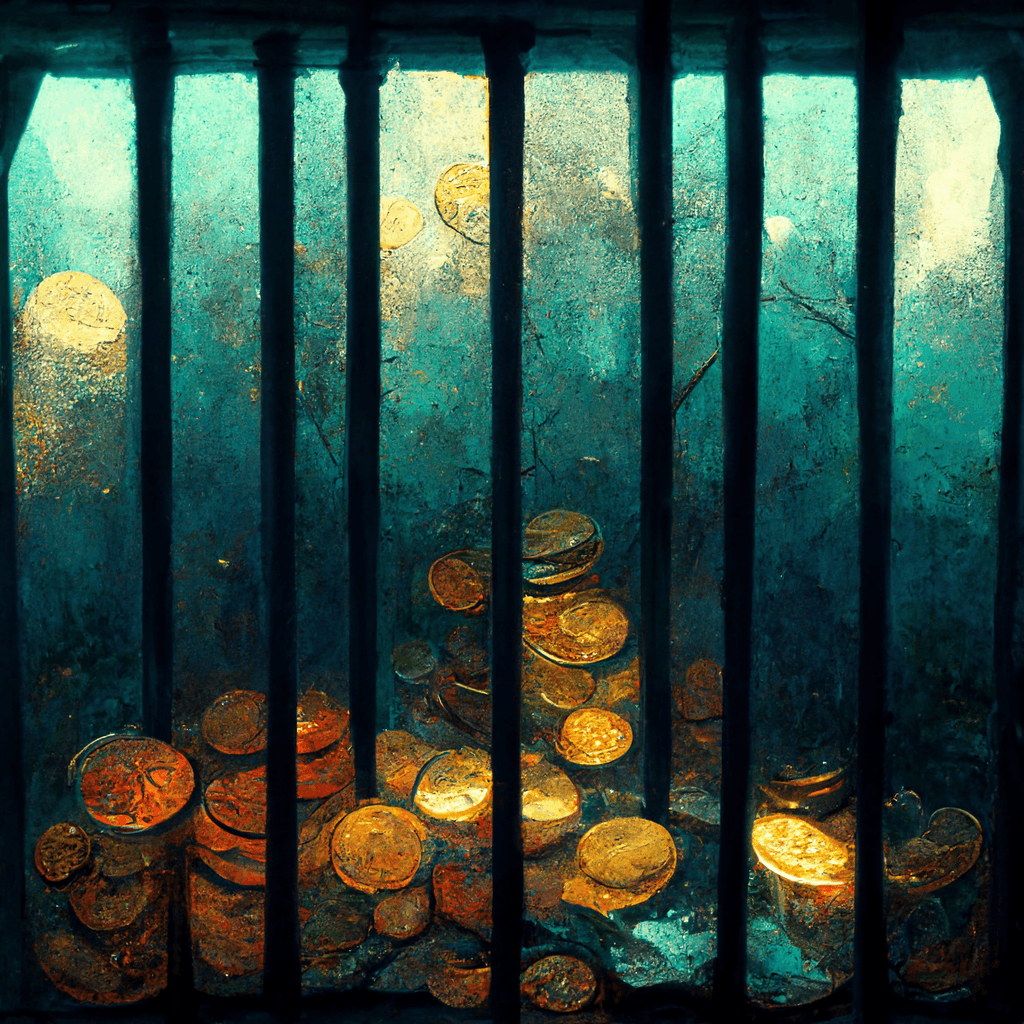Regulation has been encroaching on crypto for a long time. After the FTX exchange collapse, some prominent figures have even been calling for it (we’re looking right at you, CZ). Leaked memos from the European Commission suggest that regulation might be about to reach dizzying new heights with certain coins being banned altogether.
@YodaResearch
“Privacy coins” in the firing line
Privacy coins are unique in the notoriously public world of blockchain technology, where transactions are easily traced from wallet to wallet. Sometimes also called “anonymous coins,” they conceal any information connected to an individual or transaction, making them nearly impossible to track. Monero is the most famous example. It uses stealth addresses, zero-knowledge proofs and ring signatures to hide a person’s identity. Dash, Zcash and the aptly named Secret also command significant market shares.
The top 3 privacy coins via CoinMarketCap
There are plenty of legitimate reasons that someone might crave a little anonymity, but these coins are sometimes used for more nefarious purposes like money laundering, cryptojacking and ransomware. That puts them squarely in the crosshairs of the EU, which (according to the leaked papers) is planning to ban them altogether. This would mean that “credit institutions, financial institutions and crypto-asset service providers shall be prohibited from keeping…anonymity-enhancing coins.” The legislation looks set to be added to a pre-existing anti-money laundering bill. The bill will also prohibit other, TradFi identity-concealing apparatus like anonymous accounts and bearer shares.
Will it work?
This isn’t the EU’s first foray into limiting anonymous crypto trading. Legislation put forward in March would prohibit transactions between exchanges and unhosted wallets. Although Monero is already banned in countries including South Korea, Australia and Japan, this move would be game-changing for the nearly 100 anonymity coins likely to be included, and for the broader concept of privacy.
Will a ban work? People use privacy coins because they want…privacy. As blockchain regulation, surveillance and encroachment grow, that desire is only going to grow with it, pushing more people towards these coins. True, they may not be tradable through centralized exchanges and institutions, but that’s unlikely to deter anyone searching for genuine anonymity (most institutions now perform KYC anyway). Rather than dragging transactions into the light, any ban could easily have the opposite effect, pushing users deeper underground, further away from regulatory oversight and towards true decentralization.


